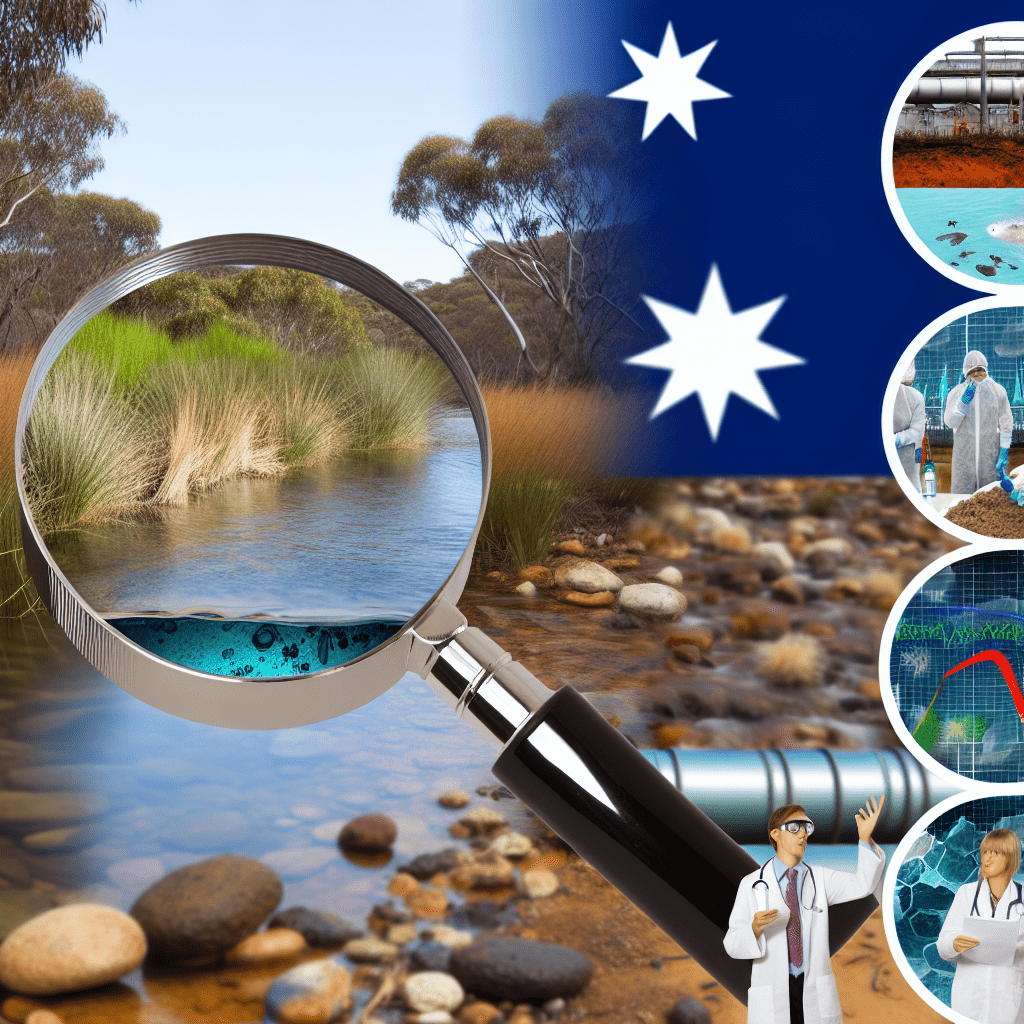”
Water, an essential life-sustaining resource, has, surprisingly, sparked a battle in one of the most developed nations globally – Australia. This article aims to examine and highlight the water quality issues in Australia and explore potential solutions for these growing concerns.
Although Australia is an economically developed nation, the continent’s arid climate and extreme weather conditions, coupled with human activities, have burdened its water resources. Approximately 3.4 million people in Australia are affected by water quality problems, according to the National Health and Medical Research Council.
The primary issue impacting Australia’s water quality is contamination. This pollution comes from various sources, including household wastes, industrial effluents, and agricultural runoff, and the contaminants range from bacteria and viruses to hazardous chemicals and heavy metals.
Furthermore, Australia is also plagued by the issue of salinity, particularly in Western Australia. This escalates the risks to household, agricultural, and industrial water supplies, subsequently impacting public health, agricultural productivity, and biodiversity.
Given the mounting concerns, the Australian government and various organizations have introduced several initiatives to tackle water quality problems. These include innovative technological measures, like enhanced wastewater treatment facilities and water recycling plants, and legislative actions such as the National Water Initiative.
Nevertheless, greater efforts are still needed. The future of water quality in Australia hinges on a balanced co-existence of humans and the environment. Reinforcing stringent regulations on industrial wastage disposal, adopting sustainable agricultural practices, and promoting green technology innovations can help counter the water quality problems.
Community involvement and targeted education campaigns are equally vital. A society that understands the value of water will be more motivated to conserve and protect this crucial resource.
In conclusion, while Australia’s water quality issues present a significant challenge, the country is not defenseless. It possesses the resources, technology, and determination required to address these issues effectively. By fostering continued research, adopting a more integrated water management approach, implementing robust policy measures, and encouraging public participation, Australia can ensure a sustainable water future.
By FountainGO!

